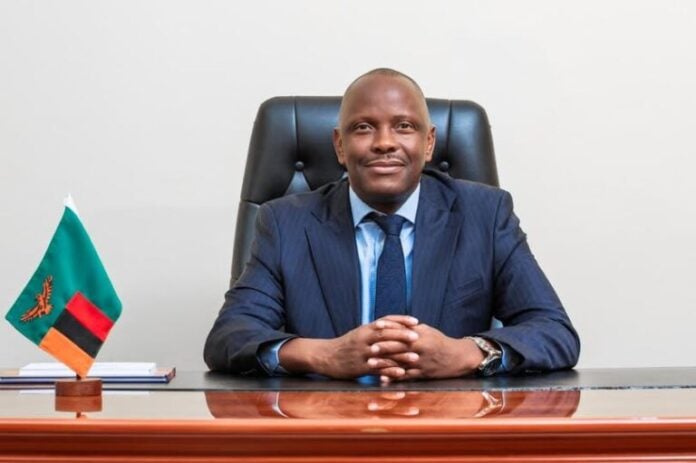Ten Hours of Light – A Cause for Celebration or a Sign of National Decline?
The recent announcement extending electricity supply in many of our compounds to ten hours a day has been met with a palpable sense of relief. After nearly two years of debilitating blackouts that have stifled businesses and darkened homes, any reprieve is understandably welcome. However, this moment demands not just gratitude, but sober reflection. The question we must ask is: have our national standards fallen so far that we now celebrate what was once considered a basic necessity?
There is a growing and legitimate concern that this incremental improvement is less about a genuine turnaround and more about political expediency. With the 2026 general elections looming, the timing is, to be charitable, conspicuous. For months, the narrative from ZESCO and the Ministry of Energy was one of constrained capacity, blaming low water levels at our hydroelectric dams. If the utility has indeed found a way to consistently provide these additional hours of power now, it logically invites the question: could this have been done sooner? The suspicion that Zambians are being used as pawns in a high-stakes political game—pacified with temporary power today at the risk of a return to darkness tomorrow—is a corrosive thought that undermines public trust.
This leads to the second, more profound point of contention: the celebration of mediocrity. Zambia was once a nation renowned for its reliable, 24-hour power supply. To now frame ten hours as an “achievement” is to tacitly accept a dramatic downgrade in our national aspirations. It risks normalising a crisis that should be treated as a national emergency. True leadership would be managing expectations while delivering tangible, permanent progress, not presenting a partial restoration of a essential service as a monumental feat.
The government’s defence of its approach has, at times, been equally troubling. The Energy Minister’s recent comments suggesting that residents in affluent areas like Woodlands can afford solar solutions, while compounds should get more grid power, is a dangerous line of reasoning. It inadvertently creates a tiered system of citizenship based on postcode and perpetuates a divisive narrative. A national crisis requires a unified, national solution. The government’s primary role is to ensure stability for all, not to outsource its responsibilities based on perceived wealth. The economy is an interconnected web; when a business in Woodlands suffers from high operational costs due to relying on expensive generators, it ultimately affects employment and prices for everyone, including those in the compounds.
It is impossible to ignore the weight of unfulfilled promises. The President came into office on a wave of hope, pledging to end load-shedding with methodical planning and amano—wisdom. Four years on, the crisis has, by all accounts, deepened before this recent, slight easing. The public is right to question what became of that promised wisdom. Is it lost, or as some critics wryly ask, has it been “privatised”?
We must, in the interest of balance, acknowledge the complex challenges: climate change affecting water reservoirs and legacy debts in the energy sector. These are not problems of this administration’s making alone. A sustainable solution requires time and significant investment. However, the opacity in communication, the perceived prioritisation of power exports to neighbours, and the sudden, election-adjacent timing of improvements fuel public cynicism.
Therefore, our stance is not to dismiss the relief that ten hours of power brings. For the welder who can now work, the student who can study, and the homeowner who can preserve their food, it is a significant improvement. But we must not allow this relief to lull us into complacency.
Zambians deserve more than a temporary fix. They deserve a clear, credible, and long-term energy strategy that will restore the 24-hour power supply that was once our norm. Celebrating ten hours as a victory risks setting a dangerous precedent of lowered expectations. As a nation, we must demand not just light in our homes, but accountability from our leaders. The true test will be whether this flicker of electricity becomes a lasting beacon of progress or simply a dim light meant to guide us to the ballot box, only to be switched off once the votes are counted.


